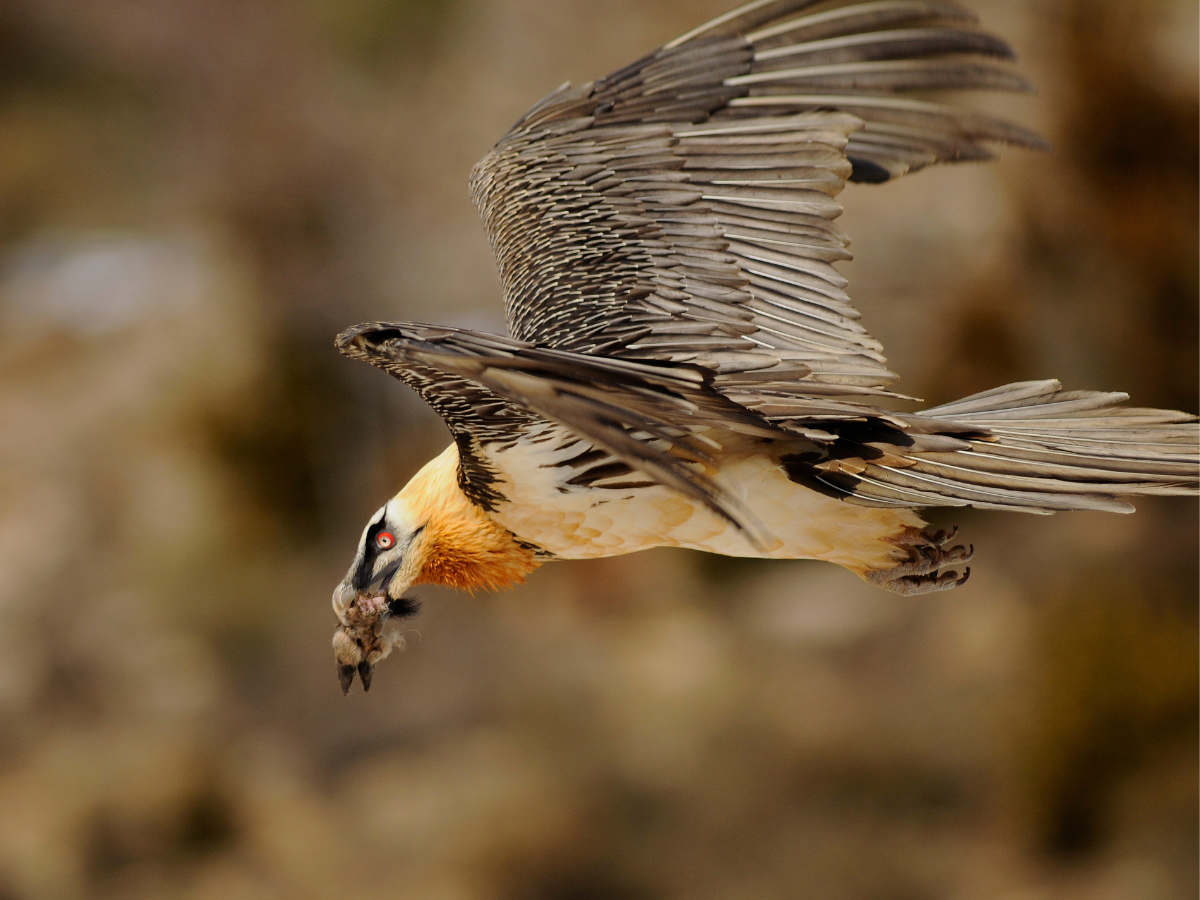As wildlife crime grows increasingly sophisticated—fuelled by international trafficking networks, illegal killing activities and transboundary criminal operations—strengthening professional capacity is becoming essential for effective enforcement. The Wildlife Crime Academy (WCA) marked another key milestone this month with the successful delivery of its Level 2: Investigation of Wildlife Crime training for Cohort 3, held from 18–20 November 2025 in Baeza, Spain.
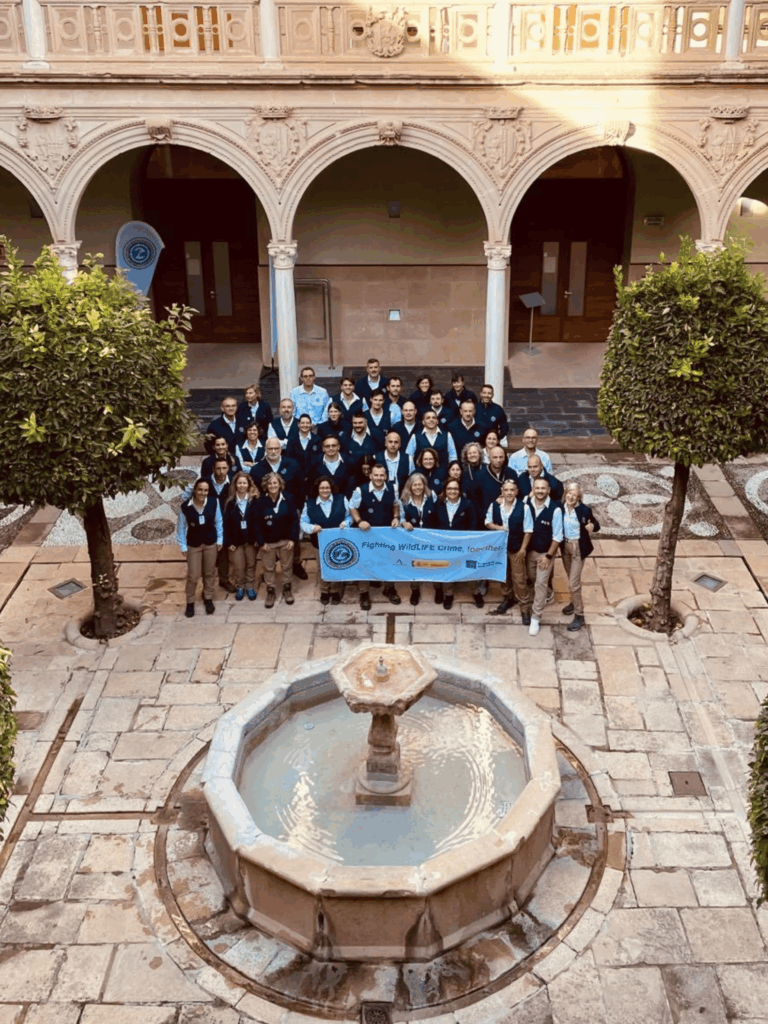
The training brought together 35 professionals from across Europe, including members of enforcement agencies, environmental authorities, forensic labs and conservation organisations. All participants had previously completed Level 1 training earlier this year as part of the WildLIFE Crime Academy LIFE project (2024–2029). Countries represented included Bulgaria, Cyprus, France, Greece, Montenegro, Portugal, Serbia, Slovenia, and Spain, among others, engaged via related LIFE and CMS/MIKT-backed initiatives.
This Level 2 course builds on the foundations laid in Level 1, offering more in-depth training in forensic investigation and law enforcement techniques specific to wildlife crime. Developed using more than two decades of operational experience from Andalusia and wider European contexts such as Europol, the module combines technical instruction with hands-on learning in real-world settings. Participants are trained to lead full investigations—from securing crime scenes and collecting evidence to interpreting body language to deal with witnesses and locals, and preparing cases for judicial processes.
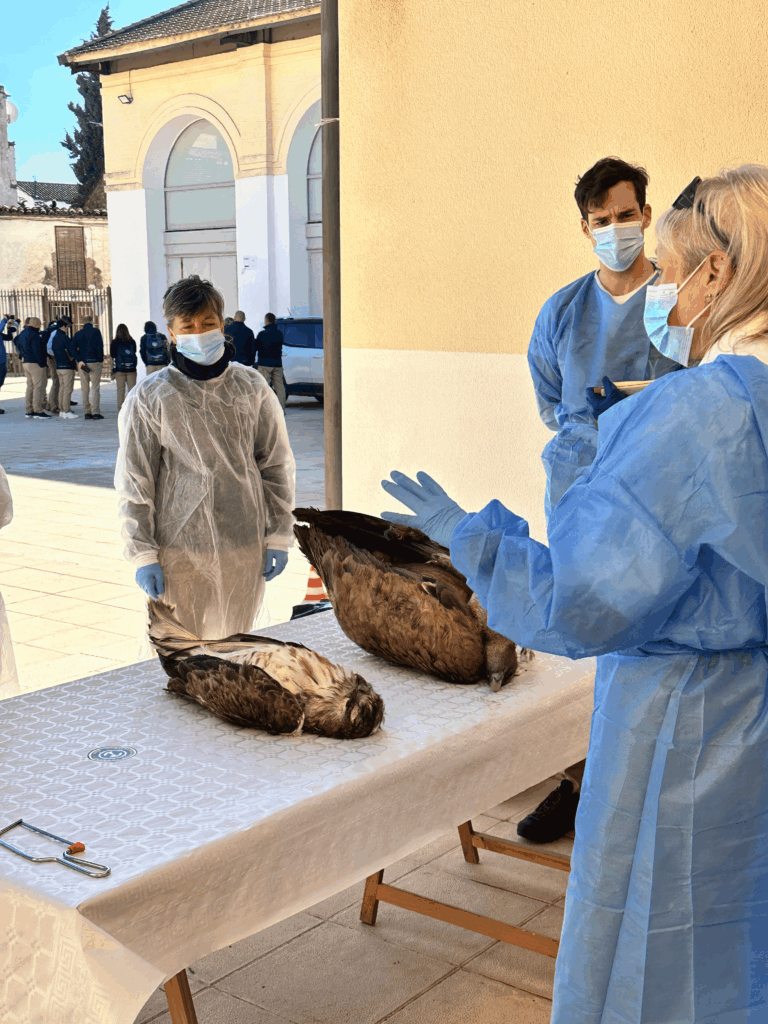
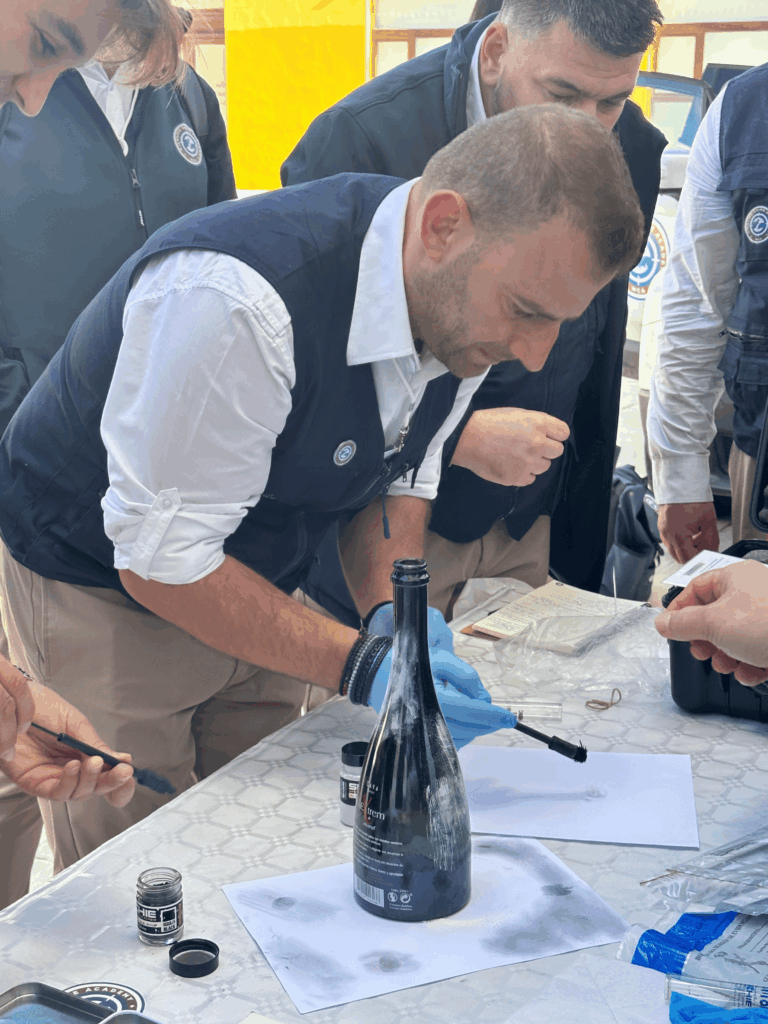
A core feature of Level 2 is its dual-track structure: participants were divided into two academic branches, one focused on Forensics and the other on Law Enforcement. This format allowed each group to dive deeper into their respective areas of expertise. Forensic participants concentrated on procedures linked to evidence analysis and lab-based techniques, while law enforcement officers explored case-building, legal frameworks and investigative leadership. The two branches came together for joint sessions on topics like behavioural analysis, international organised wildlife crime and cross-agency collaboration.
The final day included a practical challenge: participants were tested in three realistic crime scene simulations known as Very Real Scenarios (VRS). These exercises mirrored real-world pressure and complexity. Teams had to apply their training in full, reconstructing cases, interpreting evidence and managing witness or suspect interactions, as well as managing local people (actors) interfering with the crime scenes.
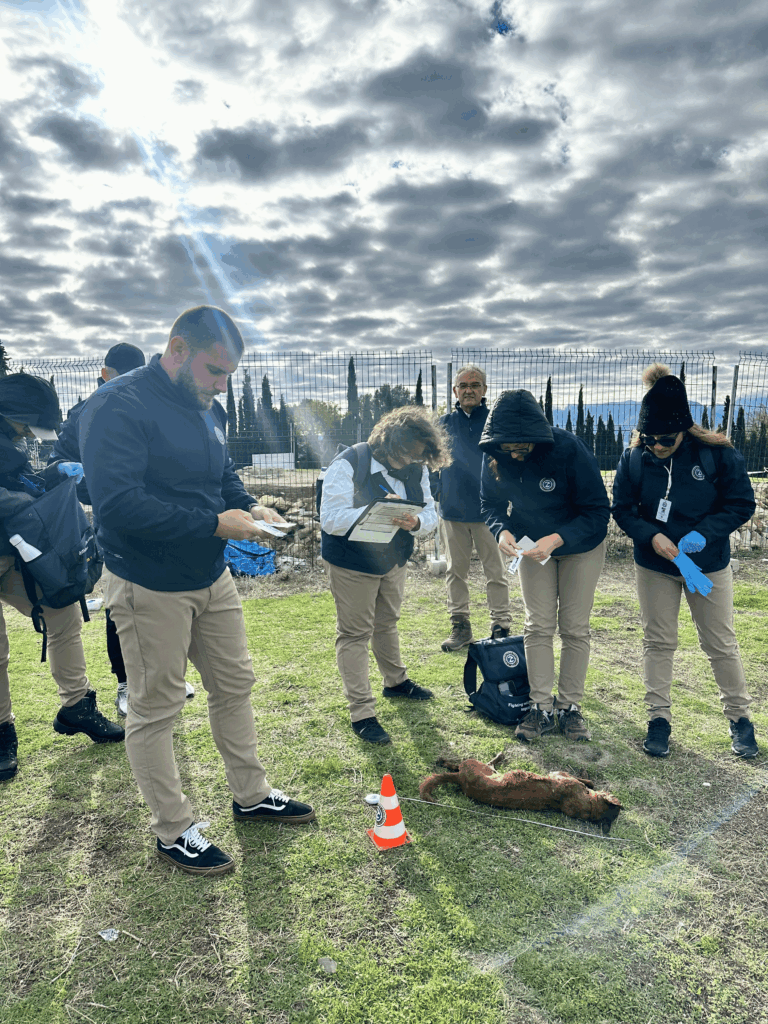
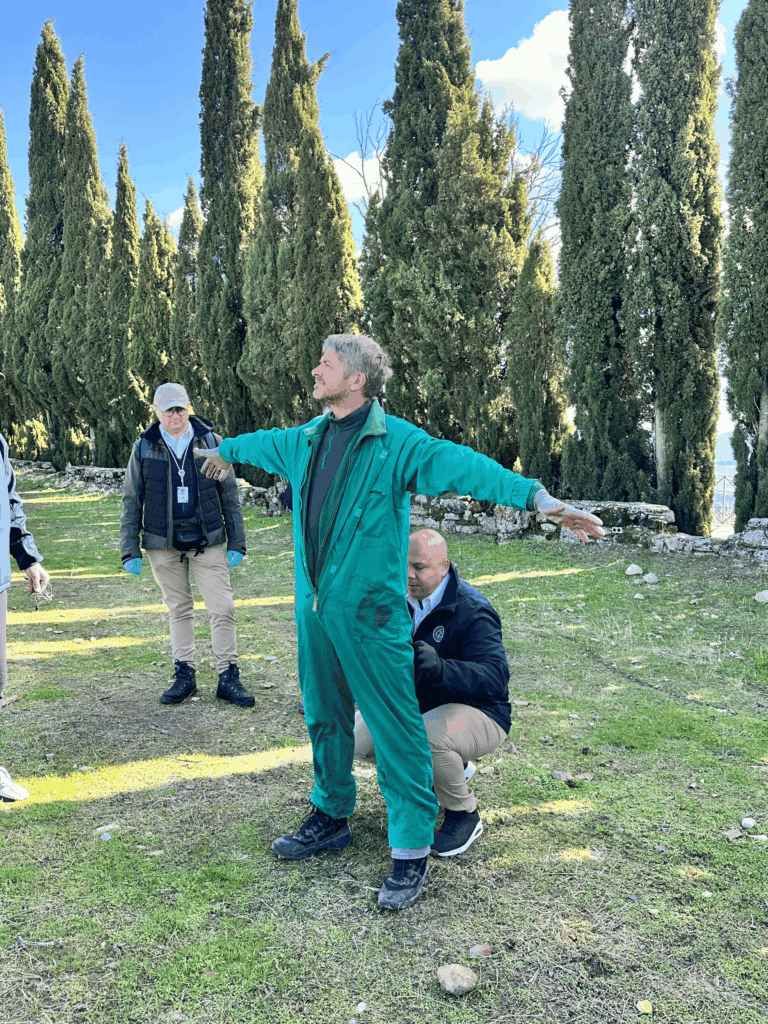
The Level 2 training forms part of the broader WildLIFE Crime Academy LIFE project, led by the Vulture Conservation Foundation (VCF) with support from the European Union’s Programa LIFE, the Junta de Andalucía, Spain’s Ministry for Ecological Transition and the Demographic Challenge (MITECO), the Guardia Civil – Spanish Police, the International University of Andalucía, and complementary projects including BalkanDetox LIFE, LIFE Aegypius Return, LIFE Gyp’Act y LIFE Rhodope Vulture. Between 2024 and 2029, the WCA will train at least 100 new wildlife crime specialists and support national training programmes in more than 15 countries across Europe, North Africa and the Caucasus, reaching over 1,000 professionals.
With Cohort 3 now completing Level 2, the Wildlife Crime Academy continues to build a stronger professional network equipped to tackle the serious and evolving threat of wildlife crime. The next step is Level 3, taking place next year.



